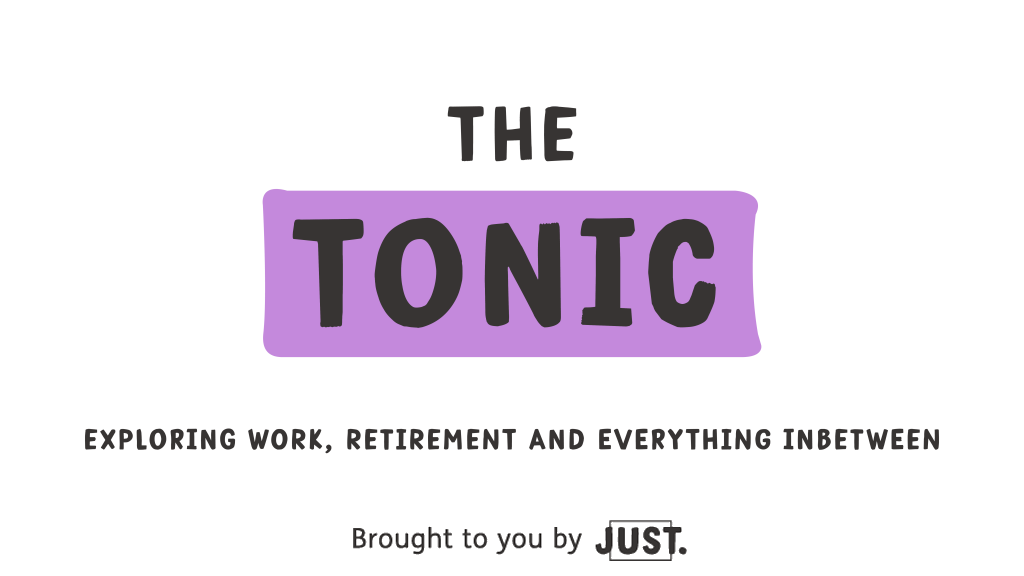Fail to plan, plan to fail – we’ve all heard this. And planning your money future is no different. You want the best possible results for your retirement, don’t you? Course you do.
But what makes a good retirement plan?
Financial planning is a means to an end, not the end itself. It is far more than just budgeting, and requires taking a very long-term view. We all have dreams for our futures. The plan is the route map to help us get there, taking account of the possibility we may hit the occasional pothole or diversion.
Most people heading into retirement have some key objectives.
First, you need income to pay the bills
Some of this is likely to come from State Pension but the rest will depend on personal sources of wealth – workplace and personal pensions, investments and savings.
A useful yardstick for retirement planning is the ‘minimum income requirement’. This is the minimum amount of income people need to cover the essentials of living. For themselves and their partner or spouse. It will include things like food, transport and utility bills.
But it will vary, with some seeing an annual holiday as a necessity, others as a luxury. The point is that everybody has their own ‘minimum income requirement’ figure. So your pension money should aim to produce sufficient income to cover this amount, before thinking about anything else.
How do professionals work this out?
Professional financial advisers have to understand a client’s ‘capacity for loss’. This means the amount a client could afford to lose from an investment, before it has a materially detrimental effect on their standard of living.
With financial markets reminding us recently that investment is not a one-way bet, it is important people think about protecting what they do have.
A second common objective is to gift assets to children or relatives
This can be either during retirement, or as an inheritance. This can be either money or property. The minimum recommendations is to ensure you have a valid will.
But passing on wealth is an area where financial planning can start to get complicated for many people. It requires a knowledge of the tax rules, and ways to mitigate inheritance tax.
The third objective is having a plan to pay for care if it is needed
This might be either at home or in a residential care home. Recent research carried out by Just Group found that three in four (74%) of over-65s said they had not thought about care, planned for it, or discussed it with family.
Care is tricky because many people will face zero or modest care costs, while others who need long-term residential care will face huge bills. Only about one-third (37%) of care home residents are fully funded by the State. The rest must pay the whole cost, or at least a contribution.
The ideal scenario is to do the thinking about the ‘what ifs’ of care early in retirement, rather than leaving it to the last minute when options may be far more limited. Power of Attorney documents covering financial affairs and health and welfare are important to help people who can no longer make decisions for themselves, for example due to dementia or a stroke.
Keep reviewing your plans
The final point about planning is that circumstances change and objectives may become more or less important over time. It is important to keep the plan under review and to rethink where appropriate.
Good financial planning for retirement is not just about money, but as much about having peace of mind and knowing that someone who understands the challenges has understood your needs and is working with you to make the most of what you have.







Add comment